Oceans Governance is a 3rd year undergraduate course offered by the School of Marine Studies, within the University of the South Pacific (USP).
Oceans Governance attracts a number of motivated students from a variety of Pacific Island Countries who frequently bring years of professional work experience to compliment their future careers as marine managers and decision makers. Oceans Governance complements the 2nd year undergraduate course in “Law of the Sea”. Both courses are designed by the highly regarded law of the sea and fisheries legal expert, Mr Pio Manoa who is currently working with the Forum Fisheries Agency.
While our firm has been privileged to coordinate and teach Oceans Governance and Law of the Sea for the last 3 years - to reflect the multi-disciplinary nature and broad topic that is Oceans Governance - a variety of guest lecturers have complimented the course. As well as adding interest and providing inspirational talks for the students this demonstrates the depth of knowledge and expertise in the Pacific. In this brief overview of the course we draw specific attention to the expertise of the visiting lecturers and the efforts made by the talented students of USP and how we think this bodes well for the Pacific region in the future.
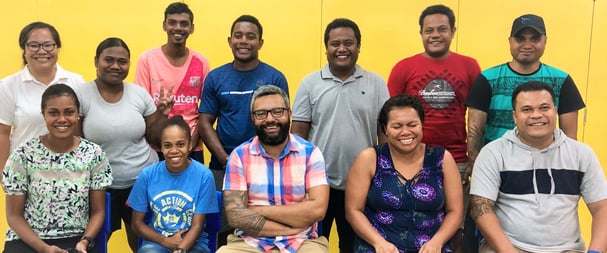
Oceans governance is a big and challenging topic. It requires a detailed review of how the varied and diverse uses of the ocean are regulated from the international, regional, and the national perspective. Students are required to demonstrate a good grasp of principles of international law and understand the legal and policy frameworks, as well as difficult concepts and then apply their knowledge to a variety of real world decision-making scenarios.
Major themes include but are not limited to: the importance of consultation and due process for good decision making, legal concepts of sovereignty and sovereign rights, the different concepts and theories of property ownership, different governance systems and the importance of the ocean and traditional rights for Pacific Island cultures. Several essential elements of oceans governance in a Pacific context emerged from the course and this included ensuring oceans policy is suitable to Pacific Island contexts, and the importance of consultation and inclusive decision-making processes for Pacific Island peoples to take into account traditional rights.
Specific topics covered during lectures and tutorial included:
- Expanding beyond the law of the sea and understanding the international legal framework for oceans governance
- Traditional rights and decision making / Pacific perspective
- Contemporary principles from international law
- Ocean science underpinning ocean governance
- Marine Protected areas - what the science says and how it should underpin good decision-making
- Shipping / marine transportation and how it is governed
- Maritime security and emerging issues
- Seabed mining and how the governance framework operates
- The importance of an integrated approach to management of the uses of the ocean
- Development of a National ocean policy framework.
Despite the challenges of 2020, which brought in person lectures to an unplanned halt exactly half way through the course, the students had benefited from a full lecture programme and a series of guest lectures and were able to move online for the final 8 weeks. The second half of the semester included the development of the major projects which required each student to select a Pacific Island jurisdiction and undertake a detailed review of the legal and governance context before providing their own analysis relating to a process suitable to local context to develop a national ocean policy.
Special thanks and acknowledgement is owed to the visiting lecturers from various regional agencies and NGOs who lent their specific talent, knowledge and Pacific expertise to the course and provided a source of inspiration to the students. This includes to:
- Francesca Pradelli, a policy and legal officer and acting regional safety of navigation adviser with SPC – who spoke about ocean governance and maritime safety and her work in the region.
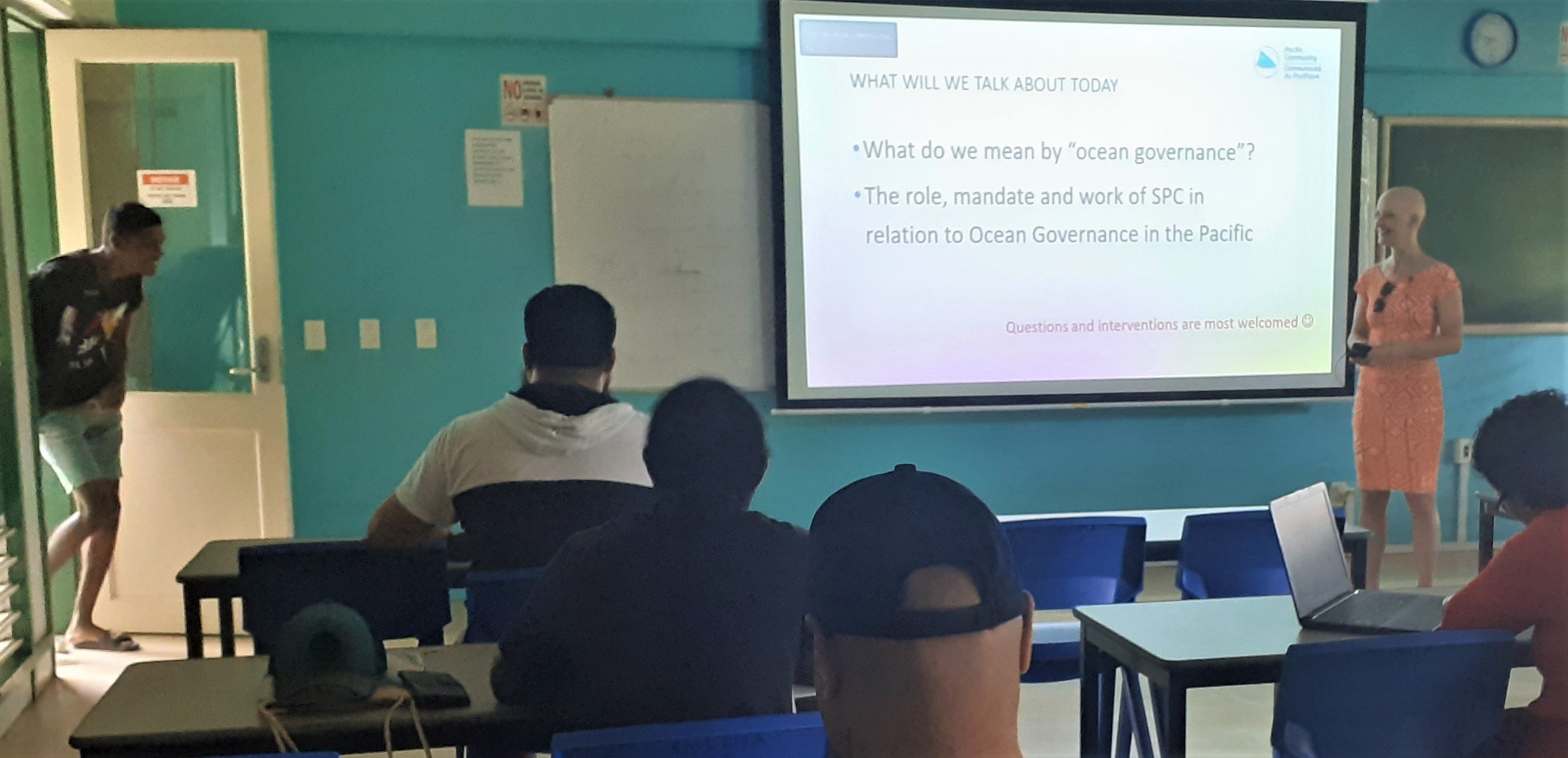
- Arthur Sokimi (graduate of the School of Marine Studies) who spoke about the Pacific perspective, leadership, ocean governance and decision making. Arthur works in oceans governance and is currently at the Ministry of Foreign Affairs working in oceans policy.
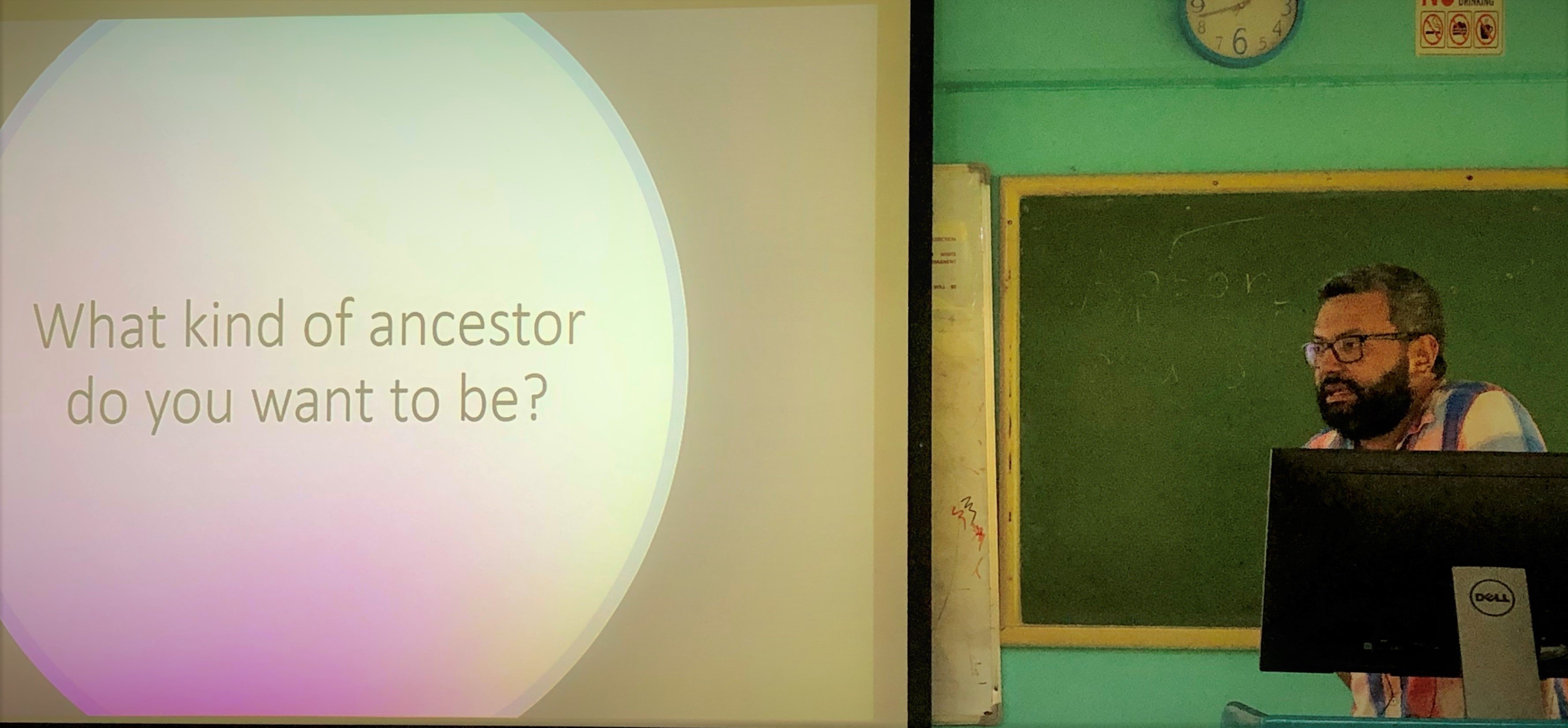
- Mafa Qiolele - Program Manager with cChange Pacific, who spoke about the importance of communication campaigns for Ocean Governance, decision making. Mafa also spoke about cChange its work and the 4FJ campaign that they run.
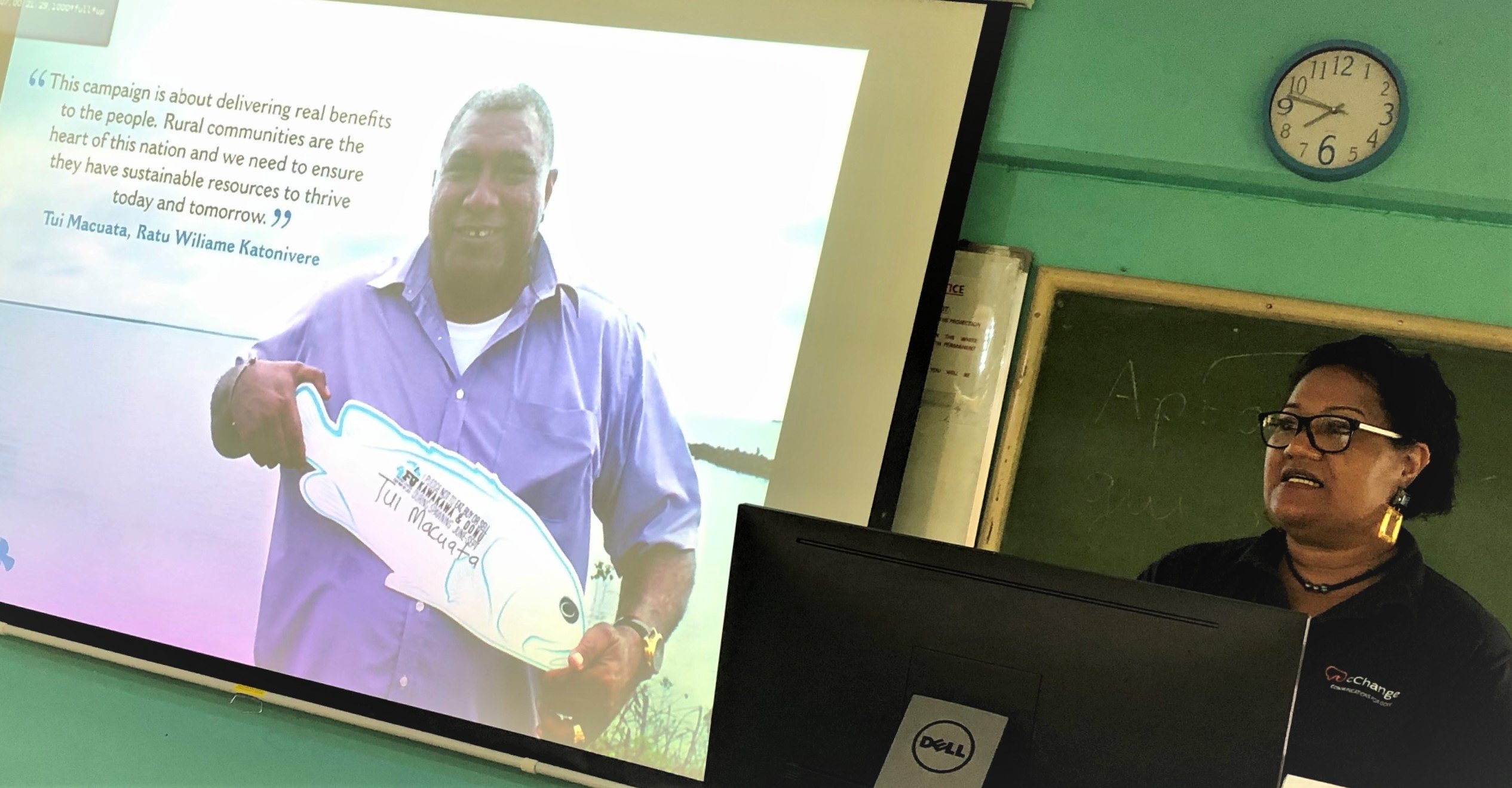
- Riibeta Abeta - from the Office of the Pacific Ocean Commissioner (OPOC) within the Pacific Islands Forum Secretariat (PIFS) who spoke about Ocean governance in the Pacific Islands, regional mechanisms and the importance of regional cooperation for good oceans governance. Riibeta, like Arthur is part of the School of Marine Studies, USP alumni.
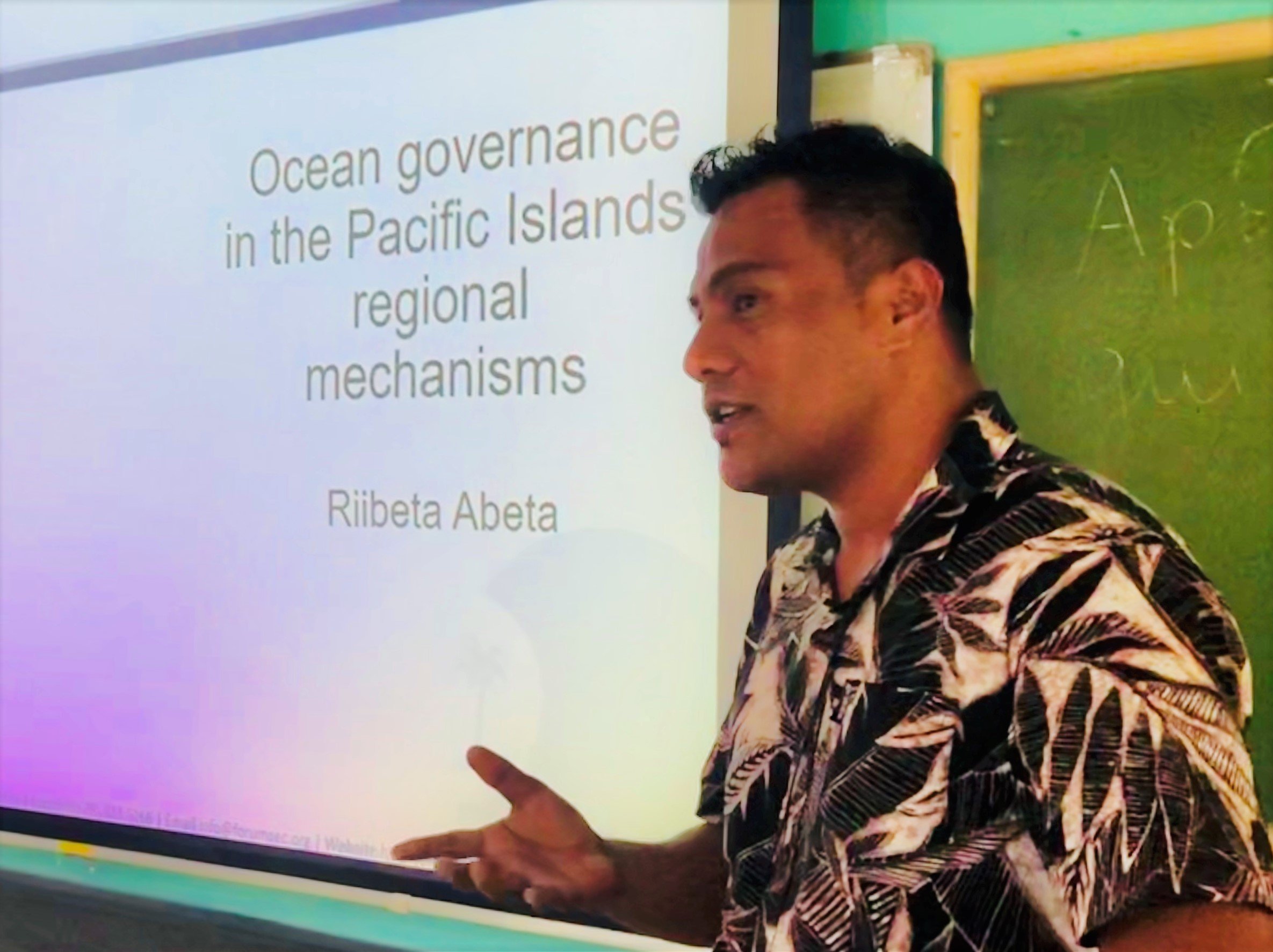
- Kiji Vukikomoala - Coordinator and Lawyer with the Fiji Environmental Law Association (FELA) who spoke about Fiji's efforts towards an integrated oceans management approach to oceans governance.
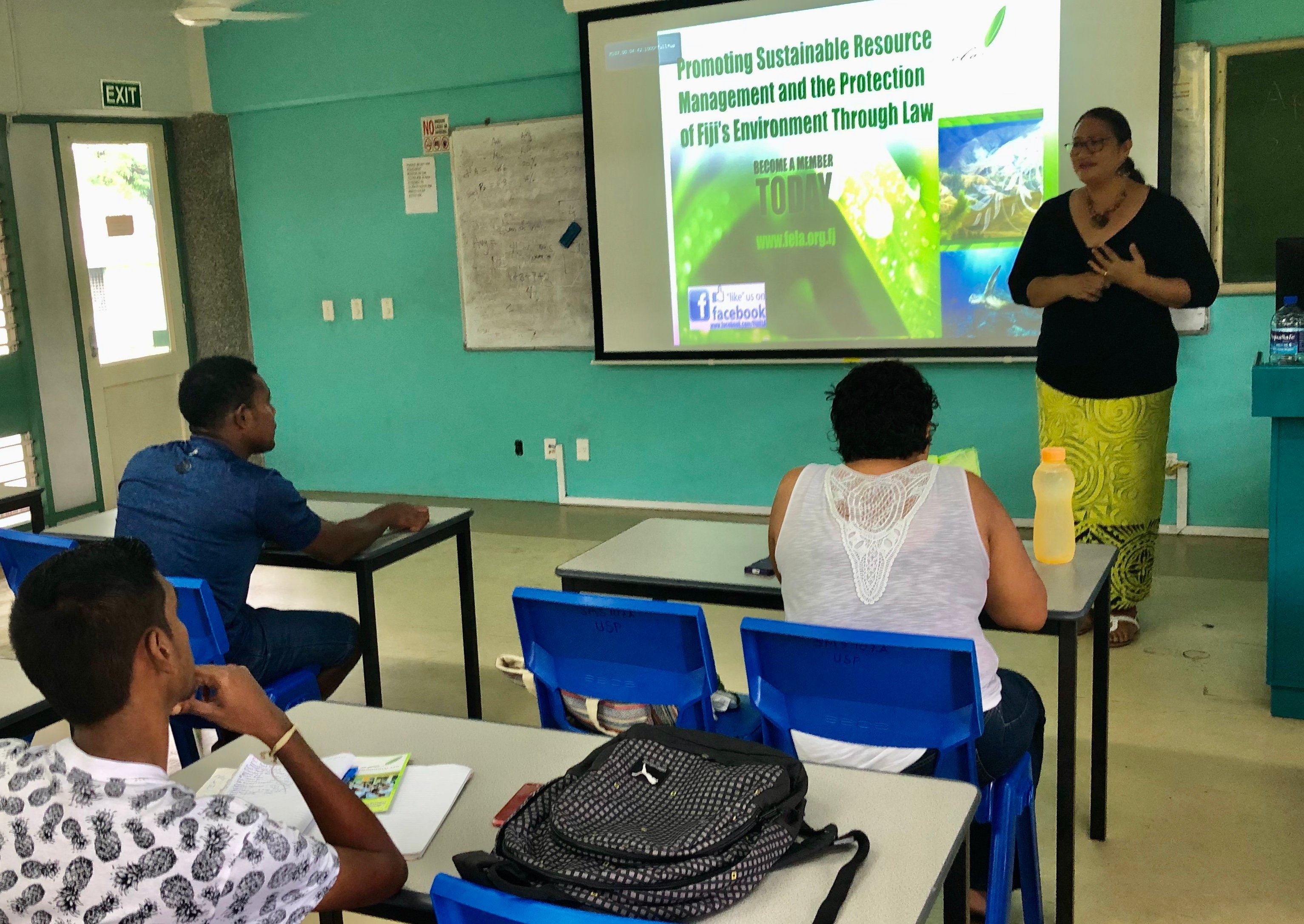
- Dr Stuart Kininmonth, of the School of Marine Studies, USP who spoke about Marine Protected Areas from a science perspective and what is required to make them successful.
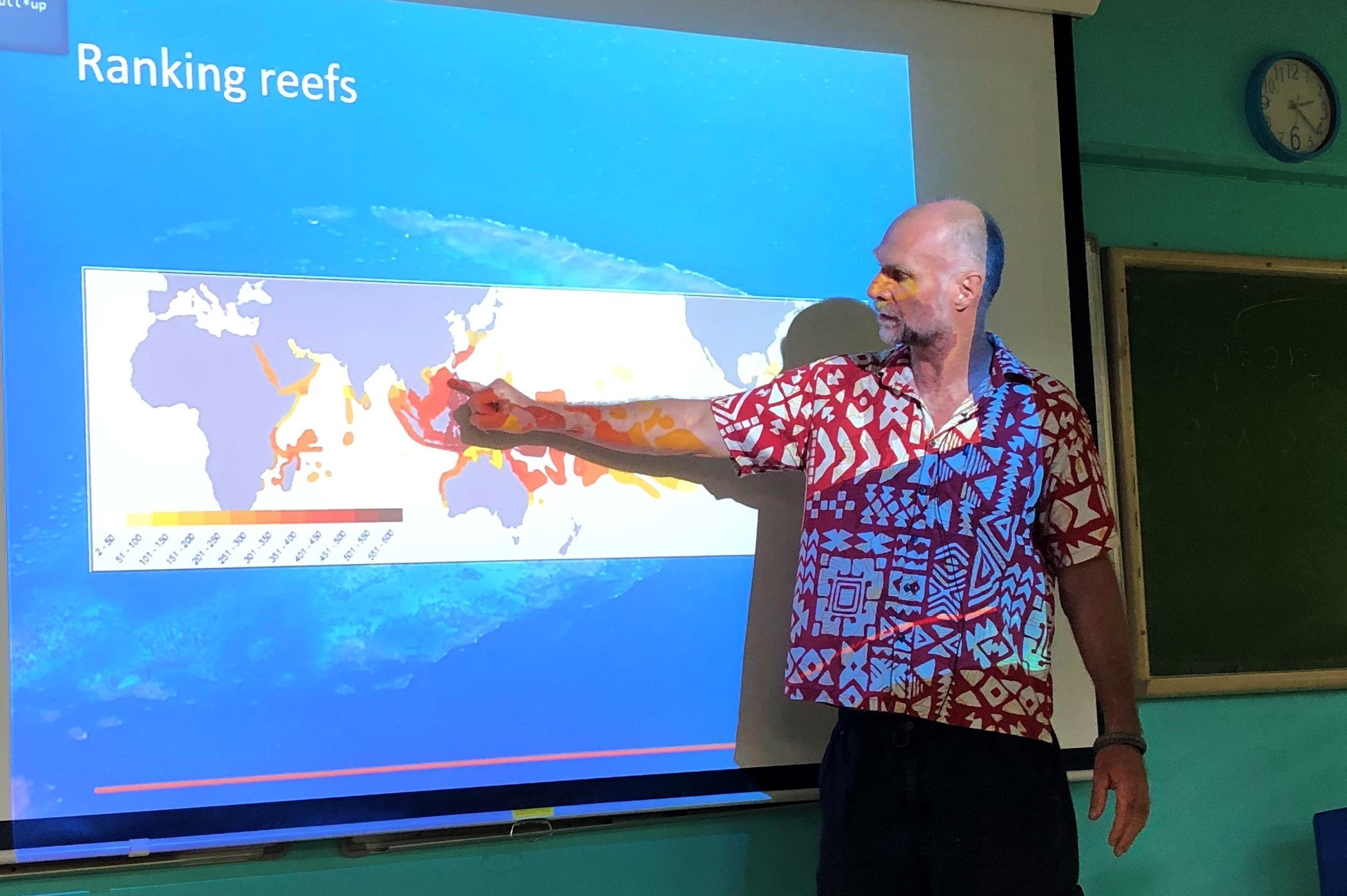
The student attendance and effort throughout the course was nothing short of excellent, and this is particularly commendable when the difficult circumstances of 2020 are taken into account. The students completed their assignments, provided regular and good feedback to all lectures and produced some excellent work.
Based on the expertise and depth of talent of the Pacific Island lecturers and their students, the prospects for the future of oceans governance for the Pacific region looks hopeful.
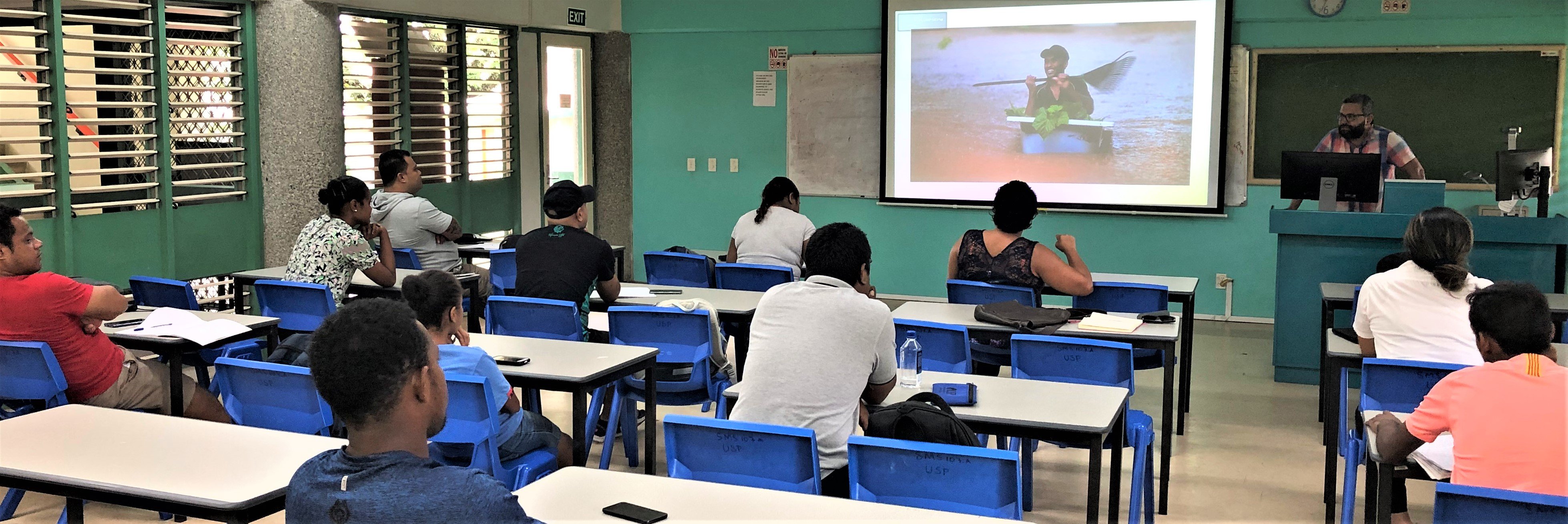
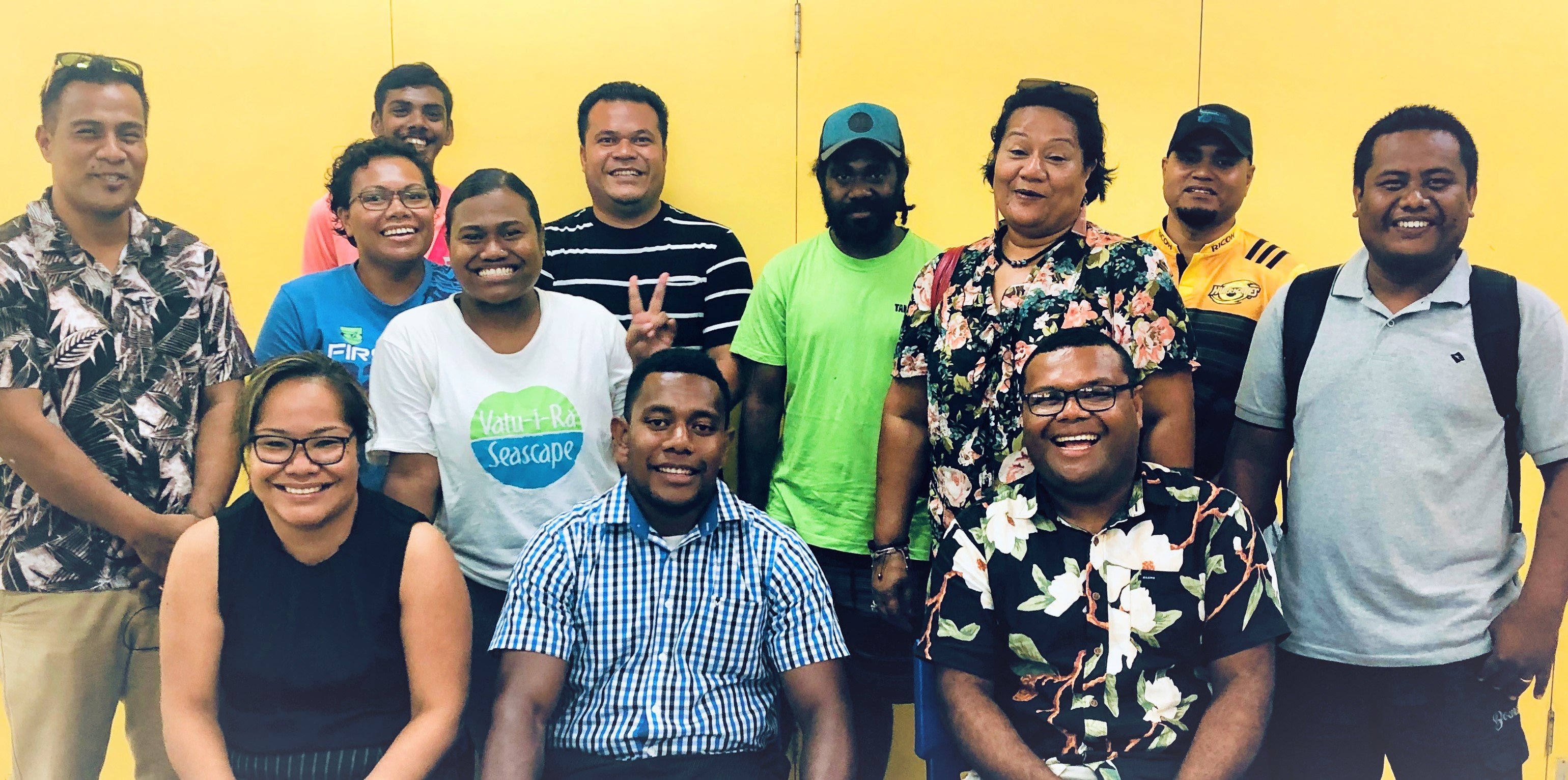
Vinaka Vakalevu - to all the visiting lecturers and to the students from: Fiji, Vanuatu, Tuvalu, Kiribati, and Solomons. Together, you made Oceans Governance at USP, 2020, a memorable and successful one!



